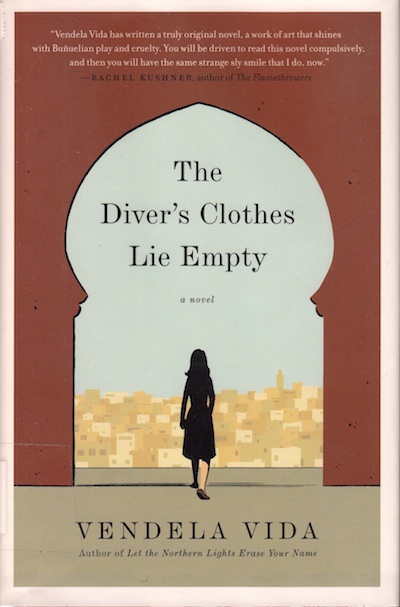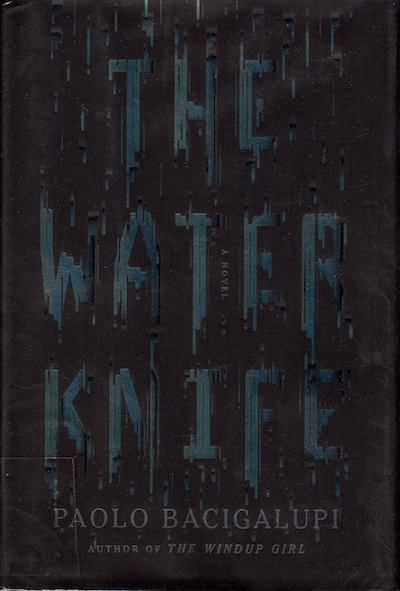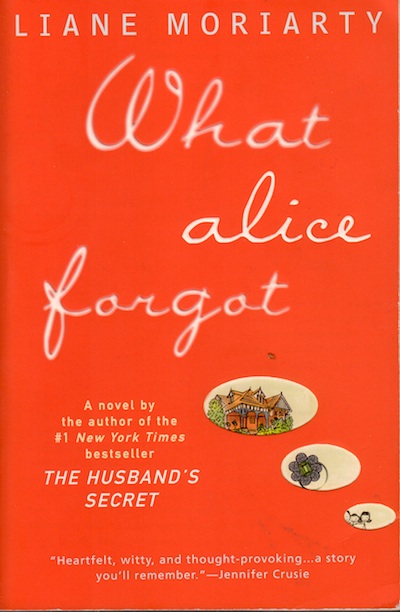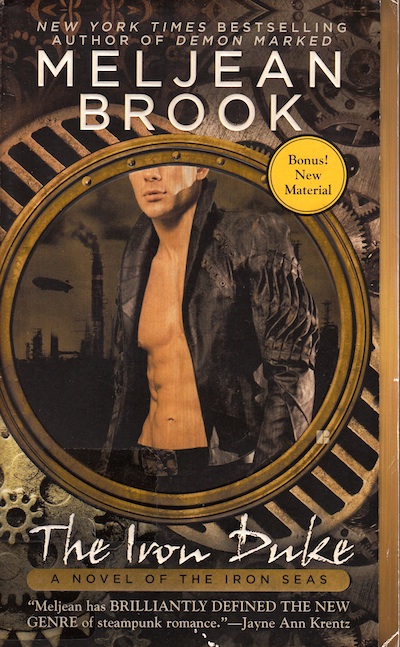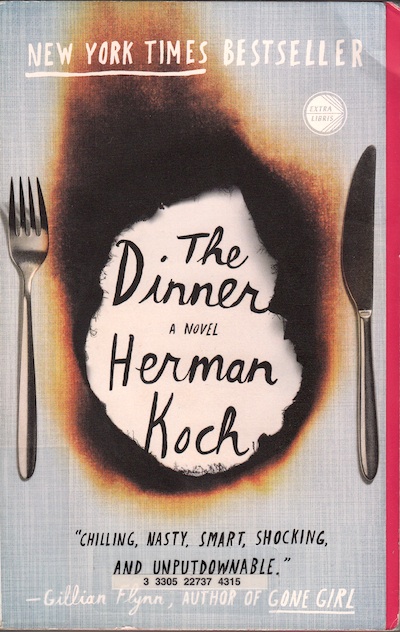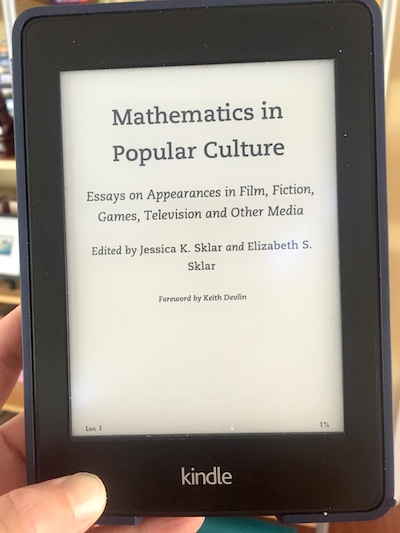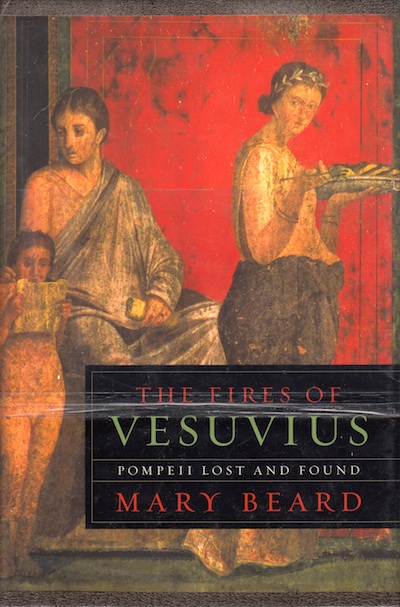My apologies for the lack of posts. I’ve started working! It’s only a half-time job, but somehow I’ve fallen behind. Far, far behind.
What this means: it’s actually been an incredibly long time since I read The Divers Clothes Lie Empty. Well, what I actually read of it. I didn’t read much. It’s written in the second person (it’s not “I” or “the woman” but “you”). Honestly, I have a hard time getting past this because, back in the sixth grade when we were passing notes around, we were always telling stories in the second person voice. It signals immaturity to me. I’m aware that this is a Kate thing and not a universal thing. However, it set my teeth on edge from the beginning.
It’s also a very unsettling book. The unnamed woman at the center of the story is clearly running from something and has a series of terrible things happen to her. We’ve already established that I didn’t like Girl on the Train and had no desire to read Gone Girl. I got my required 50 pages into the book*, and then bailed.
I didn’t like it, but your milage may vary.
* My self-imposed rule is that I can put a book down that I don’t like as long as I’m 50 pages or more in. I figure 50 pages is a fighting chance for the book to win me over.
